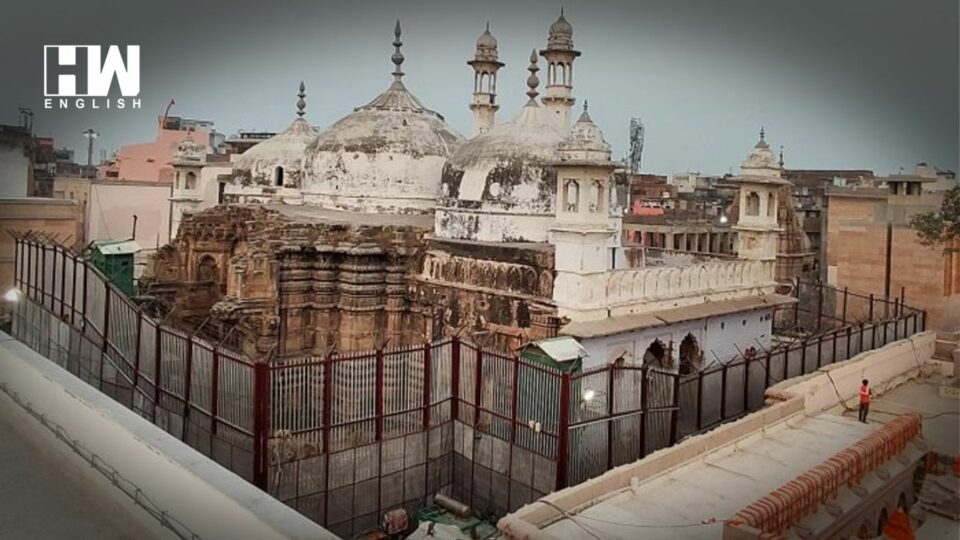In a recent development, a Varanasi district court has allowed the Hindu community to conduct prayers in the basement of the Gyanvapi mosque. The court instructed the receiver to facilitate the puja, to be performed by the Hindu side and a poojari nominated by the Shri Kashi Vishwanath Temple Trust.
Also Read: ‘Sleepless Nights, Fear Of Judgement’: Inside The Mental Health Crisis Among Resident Doctors
The puja is set to commence within seven days, and all individuals have the right to participate. Vishnu Shankar Jain, representing the Hindu side, announced the court’s decision. In response, Akhlaque Ahmad, the counsel for the Anjuman Intezamia Masjid Committee, expressed the intention to challenge the order in a higher court, with the hearing scheduled for February 8.
This development follows a recent plea in the Supreme Court by four Hindu women seeking excavation and a scientific survey of a sealed section within the mosque. The plea was prompted by an Archaeological Survey of India (ASI) report suggesting the presence of a large Hindu temple before the construction of the mosque.
Additionally, the Hindu side has filed a petition in the Supreme Court to unseal the ‘wazukhana’ area within the Gyanvapi complex based on ASI survey results. This area was sealed in 2022 per a Supreme Court directive.
In the ongoing legal dispute, the Hindus claim that the disputed structure within the Gyanvapi mosque is a Shivaling, a claim contested by the Muslim side, who assert it is part of a ritual ablution tank. This legal battle dates back to a 1991 petition in Varanasi, seeking the restoration of Gyanvapiland to the Kashi Vishwanath temple, alleging that the mosque was constructed under the orders of Aurangzeb, who purportedly demolished part of the temple in the 16th century.
The case has seen numerous legal interventions, including stays, extensions, and challenges to different orders. The Allahabad High Court, in 2021, suspended proceedings in the Varanasi court, citing the Places of Worship Act, 1991, preventing changes in the religious character of a place of worship as of August 15, 1947.
On July 21 last year, the Varanasi district court directed the Archaeological Survey of India (ASI) to conduct a “detailed scientific survey” to ascertain if the mosque was built upon a temple.
As an independent media platform, we do not take advertisements from governments and corporate houses. It is you, our readers, who have supported us on our journey to do honest and unbiased journalism. Please contribute, so that we can continue to do the same in future.

